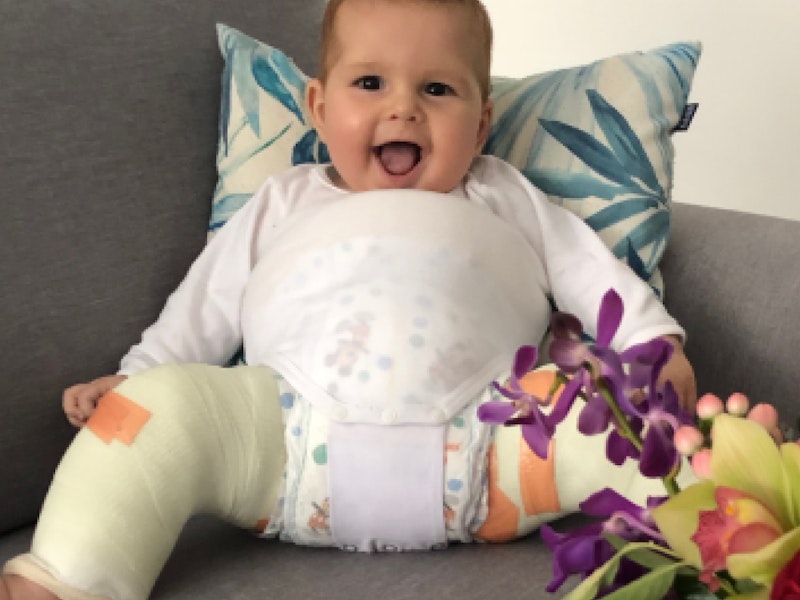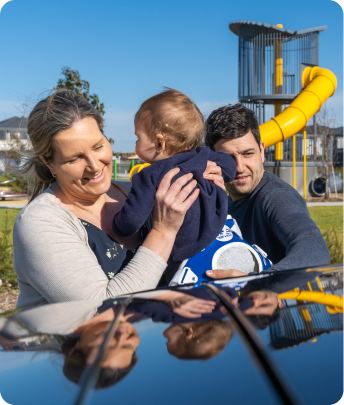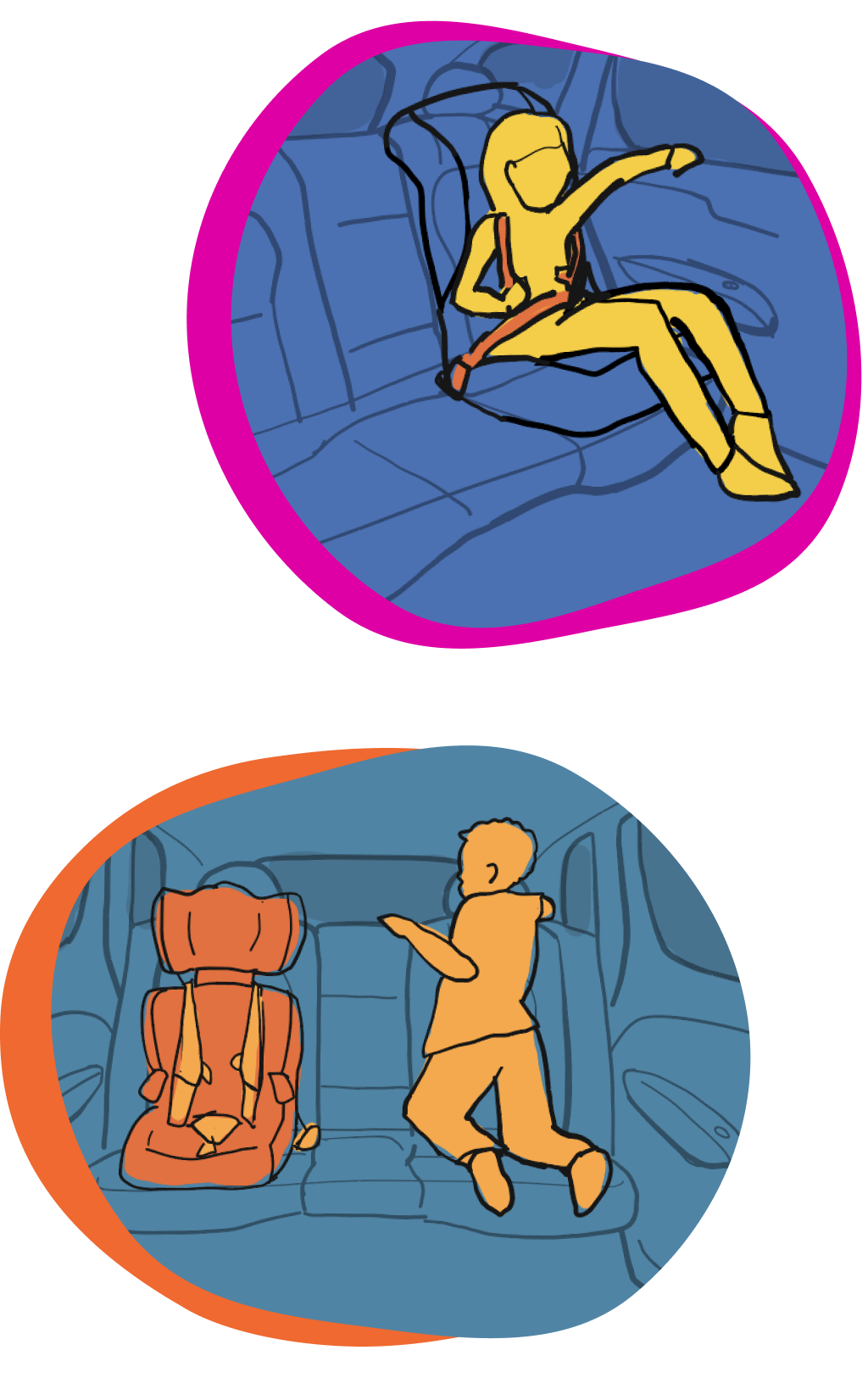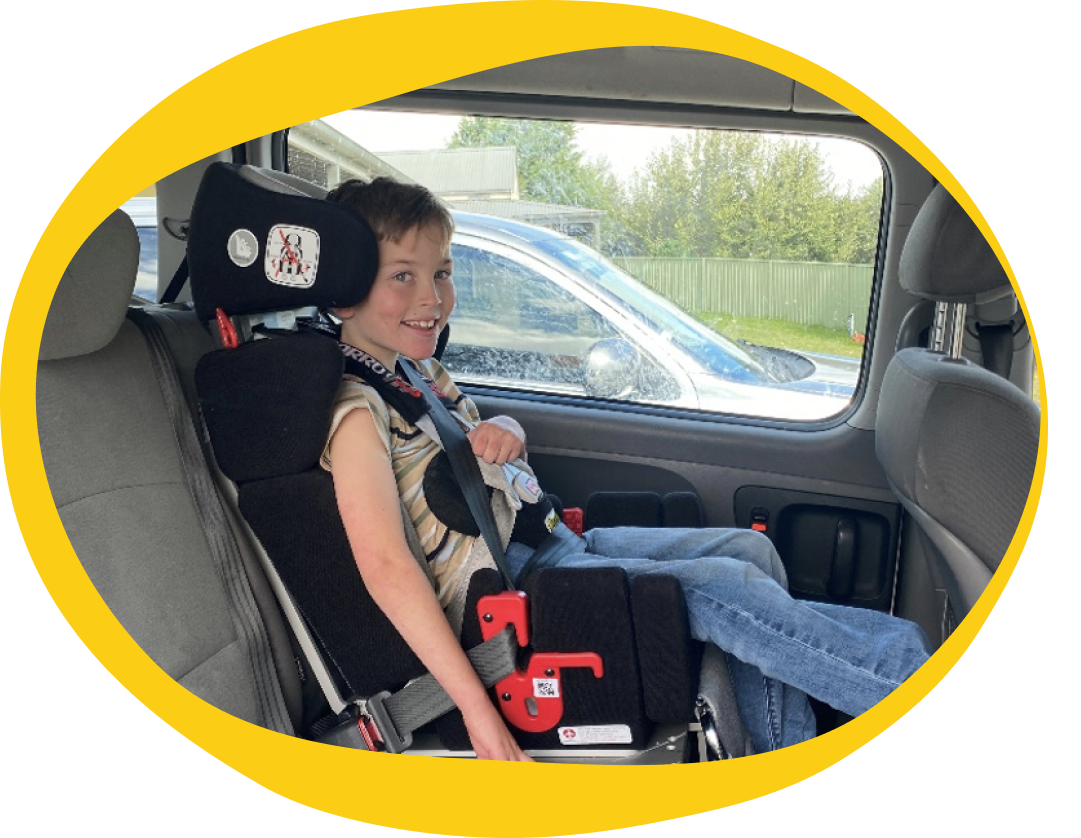
Passengers who get out of their vehicle restraints

Passengers needing postural support


At MACA, we’re dedicated to helping people with disabilities travel safely and comfortably on our roads by improving access to information, support, and vehicle restraint products.
We're an independent, not-for-profit organisation that leads research, provides support services and develops information resources and training courses.
MACA also initiated and manages the Australian Safety Assessment Program (AuSAP), the first program to independently assess (including sled crash testing) the specialty vehicle restraint systems used by people with disabilities and medical conditions.
And we’re growing a strong network of support across the country - with close to 800 MACA trained allied health professionals now helping people get access to the support they need.
Learn more about how allied health professionals - such as occupational therapists and physiotherapists - can help by downloading the Information Sheet below.
If you're finding it challenging to keep your child or family member safe and comfortable in the car (or other vehicles), you're not alone - and support is available.
We recommend connecting with an allied health professional (occupational therapist/physiotherapist) as soon as possible. These professionals will be able to assess transport needs and provide support to improve travel safety and comfort.
To find an allied health professional trained in safe transport for people with disabilities and medical conditions, you can search our list of MACA Certified Professionals below.

In our national evaluation survey, parents of children with disability reported experiencing many challenges and barriers to transporting their child safely.
For example, over half of parents reported:
Find information about key transport challenges, and what support and options are available, below.




After a comprehensive assessment, your allied health professional will work with you to prescribe the most suitable strategies and/or vehicle restraint (including accessory devices) for your child or family member.
Learn more about the different types of vehicle restraints and accessory devices below.





MACA's website information has helped me understand more about supporting my child's needs when travelling in the car.


We pay respect to the Traditional Custodians of all lands, past, present & future. Honouring all Elders and nurturing all young people.